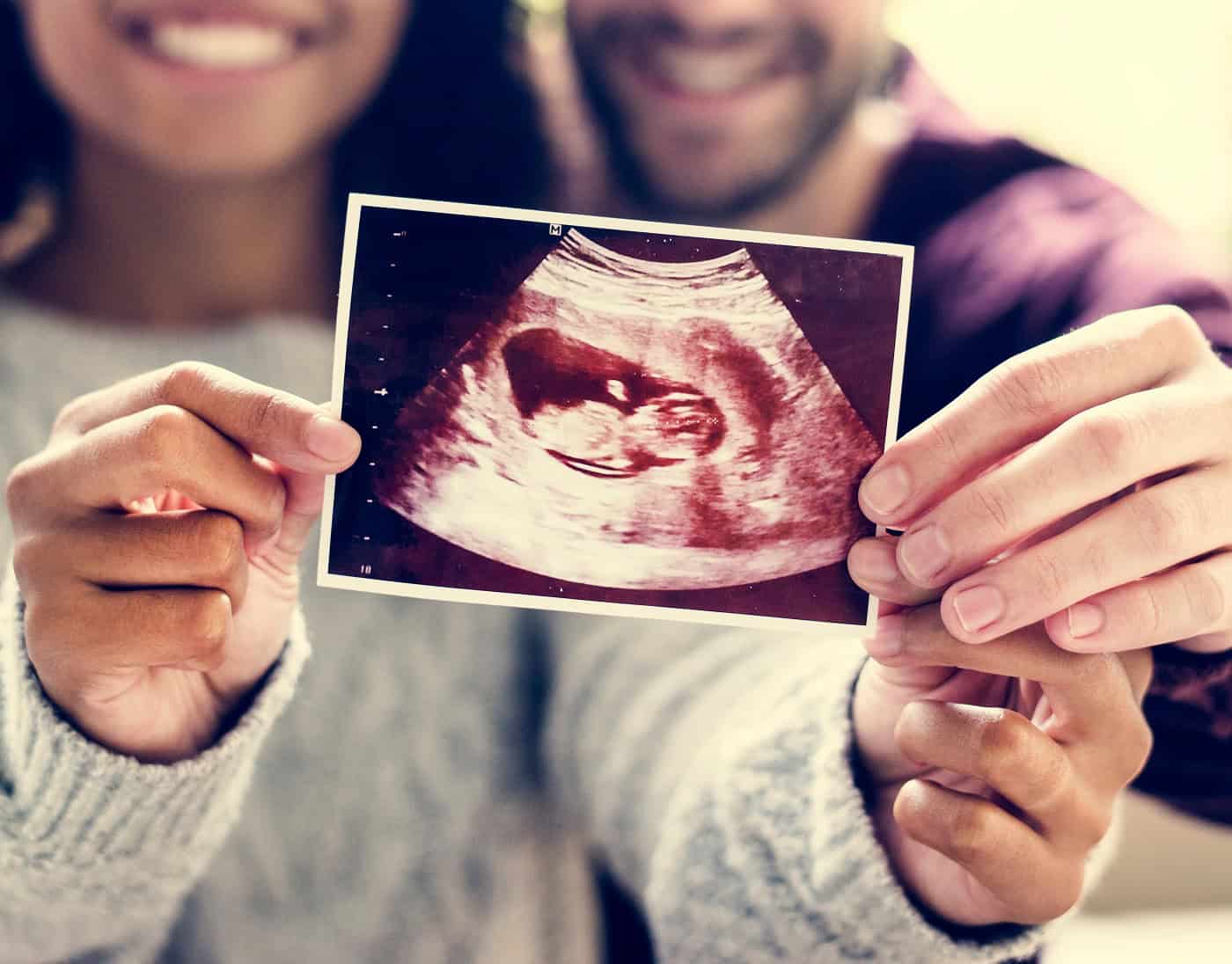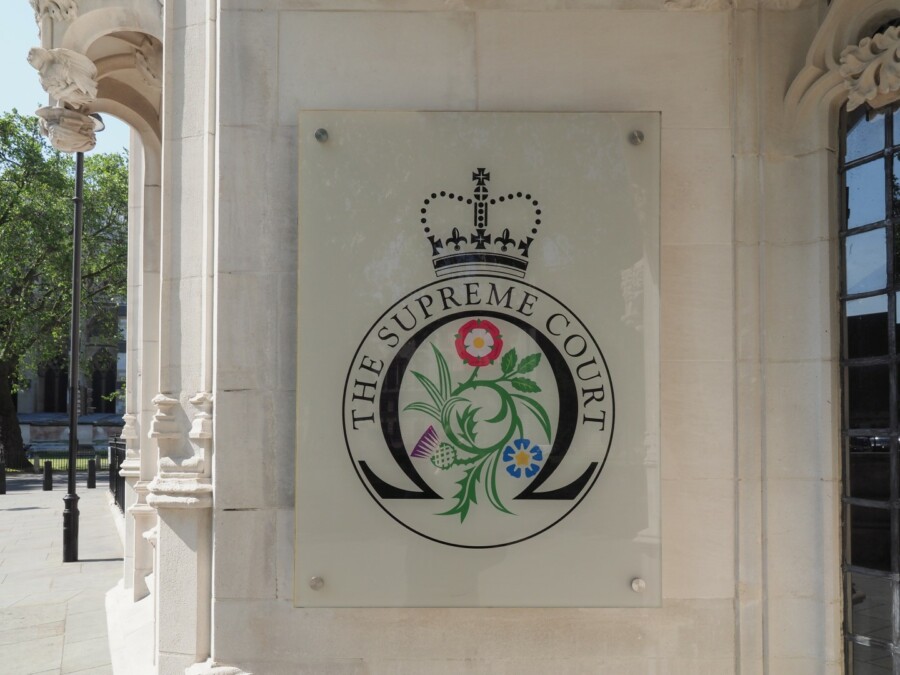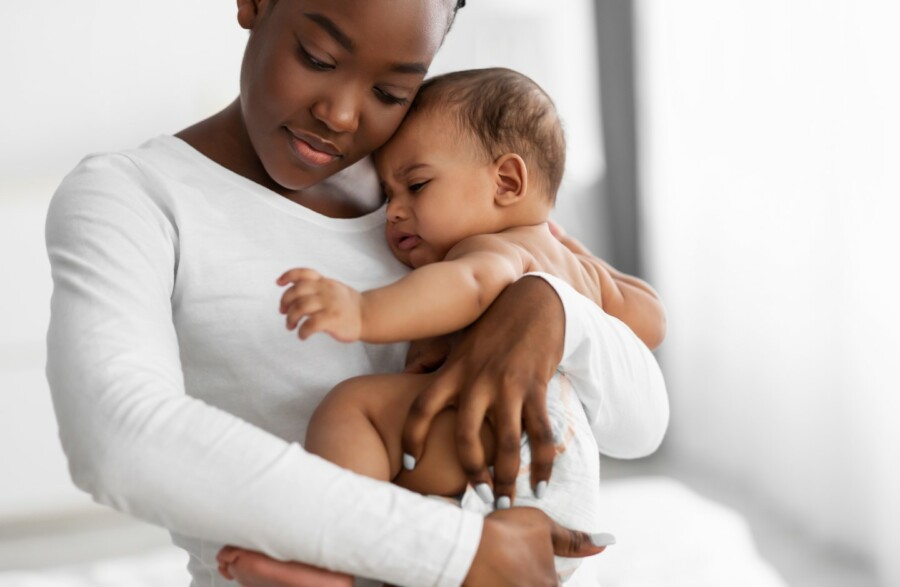
Stillbirth and Neonatal Death in Twin Pregnancy
The latest reports into maternity care carried out by MBRRACE (Mothers and Babies: Reducing Risk through Audits and Confidential Enquiries Across the UK) have been released and are already hitting the headlines, for good reason.
MBRRACE audits and confidentially reports on issues affecting mothers and babies in the UK. Two reports were released in January 2021 – one considering deaths in twin pregnancies, which I consider in this blog, and one considering maternal death, which I have considered separately here.
MBRRACE Report Findings
The report notes that 2 out of every 64 babies born in the UK are twins. Shockingly, twins are at double the risk of stillbirth and three times the risk of neonatal death than a single pregnancies.
The report looked at 50 twin pregnancies in 2017 where one or both babies died. It was found that in two thirds of these cases there may have been a difference in outcome for the mother if better care had been provided. Tragically the report found that in just over half of the cases considered, improvements in care could have made a difference to the outcome for the babies.
Twin pregnancies are by their nature more complicated than single pregnancies. There are lots of different factors and risks to consider and these depend on whether the twins are identical or fraternal. Extra monitoring and care is needed for mothers and babies during a twin pregnancy and it is important that a good standard of care is delivered. Sadly, the latest MBRRACE report indicates that this is not always being provided.
The report noted the following issues:
- There was major sub optimal care found in ½ of pregnancies and major sub optimal follow up for ¾ of women
- Care was not provided by a specialised multi-disciplinary team in ⅔ of cases, despite this being recommended by national guidance
- Discussion of risks with mothers were not documented before 24 weeks of pregnancy in ½ of cases
- It was noted there was a lack of prompt consultant obstetrician input into care plans
- Lack of prescription of aspirin to combat the increased risk of pre-eclampsia in ½ of cases
- Twin-to-twin transfusion syndrome (a condition where twins share a placenta but there are abnormal vascular connections) was not being recognised despite women displaying red flag symptoms
- 1 in 5 women did not have the recommended biweekly scans from 16 weeks onwards
- Inconsistency in labelling twins on scan reports in 1 in 6 cases resulting in inaccurate monitoring of each twin
- Failures to correctly monitor growth
- Lack of senior review in preparing for birth
- In cases where babies had died, a lack of involvement of the bereavement midwife with counselling only offered to a third of parents
- Only 1/2 of women who lost babies had a follow up bereavement appointment and few received a summary letter to explain what had happened. Any letters that were sent were of poor quality.
- Local review only took place in 1 in 5 cases where death occurred and parents were not involved in any review
- In three quarters of twin pregnancies there were communication failures
- In half of twin pregnancies there were failures in supervision or leadership, missing or poorly completed documentation and/or lack of communication between health professionals
The report makes for appalling reading. It is scary to read the sheer number of identified issues and huge numbers of families no doubt being affected by these issues. More must be done to tackle these issues to ensure that avoidable harm does not occur to mothers and babies.
What more should be done?
It has been clear for a long time now that there are deep issues in maternity care across the entire NHS. Over the past few years, maternity scandals at various hospitals have hit headlines, including Shrewsbury and Telford Hospital NHS Trust, East Kent Hospitals and Basildon University Hospital. These problems seem ingrained in the very foundations of maternity care nationwide.
It has recently been announced that new NHS maternity leadership training will take place to try and address issues that we have come up in headlines time and time again. The aim of the training is to equip maternity leaders with the skills and knowledge they need to improve workplace culture in NHS maternity care and facilitate greater collaborative working between nurses, doctors, midwives and obstetricians. I am pleased to see that the Government are trying to combat the issues raised in the MBRRACE report, the Ockenden review and other reports and inquiries into NHS maternity care. I hope that this important training will lead to improvements in care and safety for mothers and babies.
There are real life tragedies behind every one of these reports and headlines. It is vital to remember that these identified failings can lead to devastating, life changing injuries or the avoidable deaths of mothers and their babies, having a huge impact on the families involved. My heart goes out to any family that has been affected by avoidable mistakes such as these. Maternal safety must be prioritised and continue to improve at an NHS wide level to ensure no other families go through such tragic events and loss.









